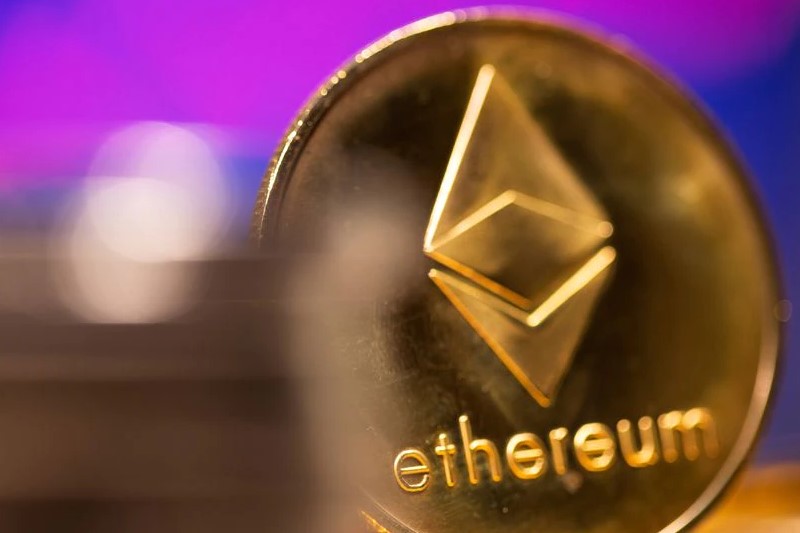February 6, 2025

Ethereum , the second-largest cryptocurrency by market capitalization, has been facing significant challenges that have led to its underperformance compared to Bitcoin and other alternative cryptocurrencies (altcoins). Over the past months, including the period during and after the U.S. elections, Ethereum's share of the total crypto market cap has dropped to a four-year low.
This decline in Ethereum's market position is attributed to intense competition from other blockchains offering lower fees and more scalability. Moreover, Ethereum lacks a compelling narrative similar to Bitcoin's, which is often pursued as a store of value or a digital version of gold.
Despite the recent Denali upgrade, which introduced improvements like blobs aimed at reducing fees and enhancing scalability, Ethereum has not managed to retain its activity levels. Instead, transactions have migrated from Ethereum's main network to its layer 2 solutions, negatively affecting the main chain's performance.
The migration of decentralized applications (dapps) from Ethereum to other application-specific chains for better performance is another factor contributing to Ethereum's struggles. Prominent dapps, including Uniswap , dYdX, and Hyperliquid, have either moved to alternative platforms or are creating their own chains for scalability and cost-effectiveness. Uniswap, one of Ethereum's largest gas consumers, is planning a significant shift to Unichain, which could further diminish Ethereum's fee pool.
This trend of dapps and users moving to layer 2s or alternative layer 1s, or creating their own chains, may negatively impact Ethereum by reducing activity on the main network. This could lead to lower transaction revenue, decreased earnings for validators, and potential inflationary pressure due to reduced token burning.
Despite these challenges, Ethereum's ecosystem remains dominant in stablecoin, decentralized finance (DeFi), and tokenization spaces. It is uncertain whether Ethereum will maintain its advantage or dominance in these areas.
To attract institutional interest, the Ethereum Foundation has supported and partially funded Etherealize, a project aimed at educating and marketing Ethereum's smart contract functionality and increasing tokenization of real-world assets.
Institutions such as the European Investment Bank, BBVA (BME: BBVA ), Blackrock (NYSE: BLK ), and Franklin Templeton have engaged in tokenization on Ethereum, with initiatives that could bring more institutional demand to the network. However, Ethereum is expected to face continued intense competition from other networks in the future.